According to Le Monde, in the next 15 years, France will witness an unprecedented transfer of wealth: more than 9,000 billion euros of accumulated assets of the “baby-boomers” generation (those born between 1946 and 1964) will be transferred to their children. This phenomenon, called the “great transfer” by economists , is considered a socio-economic “seismic” that both contains the risk of deepening inequality and can become a rare opportunity to redistribute wealth.
According to a recent report by the Jean-Jaurès Foundation, this “great transition” is a direct consequence of the aging population and the huge wealth accumulated over many decades. However, if not reoriented with appropriate policies, this process could cause wealth inequality in France to reach the highest level in modern history.
The report found that 43% of France’s 500 richest people inherited their wealth, according to the annual ranking by Challenges magazine. Among the top 100, those with a minimum net worth of 1.3 billion euros ($1.52 billion) – that figure rose to 60%. “The path to the top of the pyramid is always easier for those who start their journey from the middle,” the report said, highlighting the power of social “reproduction” among the super-rich. Of those who did not inherit their wealth but still made the list, more than half were born to fathers who were managers, entrepreneurs or freelancers, while only 10% came from a working or employee background.
According to economist Guillaume Allègre of the French Institute for Economic Research (OFCE), property in France “is both growing in value and aging”. Data from the National Institute of Statistics (Insee) shows that 57% of French households own their own homes, but that figure rises to 65% among those over 65. This situation leads to a sharp divide: about a third of the population will receive almost no inheritance because their parents have no assets, while the rest may inherit at least one home, or even two – a main house and a holiday home. According to Mr. Allègre, the “great transfer” will create “a deep social rift between those who inherit and those who do not,” further undermining the belief in generational fairness.
The imbalance between income and wealth is also at the root of the problem. According to OFCE, the richest 10% of French people earn 25% of the country’s total income but own 55% of the total wealth. The share of wealth held by the richest 1% of households has increased from 16% in 1984 to 24% in 2024. The Jean-Jaurès Foundation notes that today, closing the wealth gap with labor income is almost impossible, because “wealth accumulated in the past always grows faster than wealth created in the present.” Pascal Demurger, CEO of the insurance company Maif, warns: “France is sliding into ‘heritageism’. Half a century ago, two-thirds of wealth came from labor and one-third from inheritance; now that ratio has reversed.”
However, experts say the “great transfer” could also be a historic opportunity to reform inheritance tax policy, in order to limit the reproduction of inequality. In its report, “Facing the Great Transfer: Taxing Large Inheritance,” the Jean-Jaurès Foundation calls for focusing taxes on the richest 1%, rather than increasing the burden on the middle class. One of the major shortcomings is the tax exemption for the increase in the value of real estate accumulated over many generations. When parents die, the difference between the original purchase price and the value at the time of inheritance is not taxed, unless the heir sells the property.
According to the Jean-Jaurès Foundation, if this tax reform were to be implemented, the State budget could collect 159 billion euros in the period 2025–2040, of which nearly 7 billion euros in the first year. Economist Guillaume Allègre agrees: “Reducing inequality must start by deflating the ‘heritage bubble’ by taxing the underlying value of real estate.”
Source: https://vtv.vn/phap-sap-chung-kien-dot-chuyen-giao-tai-san-lon-nhat-lich-su-100251007080400845.htm






![[Photo] Urgently help people soon have a place to live and stabilize their lives](/_next/image?url=https%3A%2F%2Fvphoto.vietnam.vn%2Fthumb%2F1200x675%2Fvietnam%2Fresource%2FIMAGE%2F2025%2F12%2F09%2F1765248230297_c-jpg.webp&w=3840&q=75)
![[Photo] General Secretary To Lam works with the Standing Committees of the 14th Party Congress Subcommittees](/_next/image?url=https%3A%2F%2Fvphoto.vietnam.vn%2Fthumb%2F1200x675%2Fvietnam%2Fresource%2FIMAGE%2F2025%2F12%2F09%2F1765253019536_a1-bnd-0983-4829-jpg.webp&w=3840&q=75)


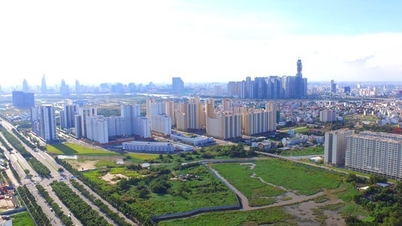










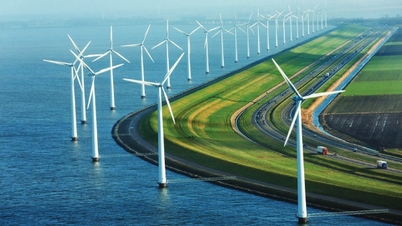

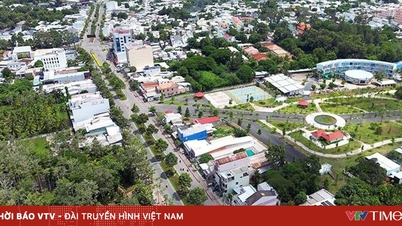






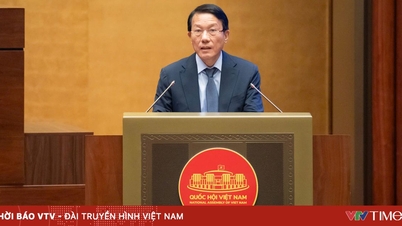





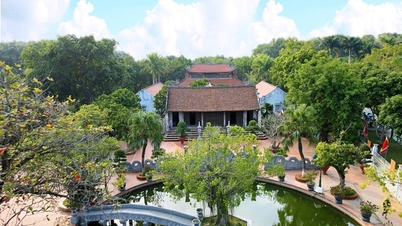





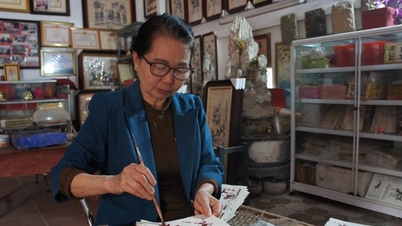



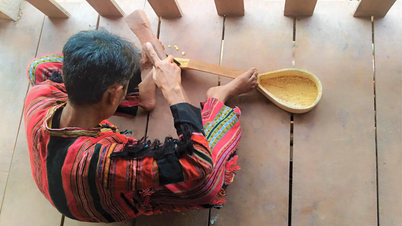

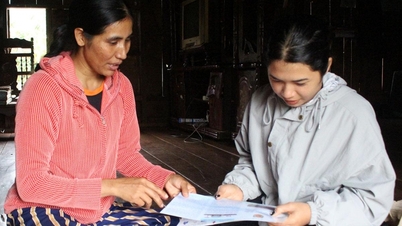

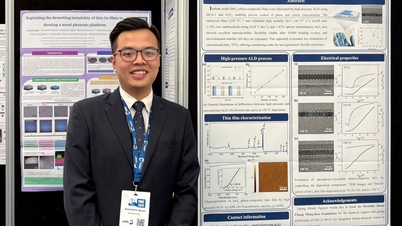






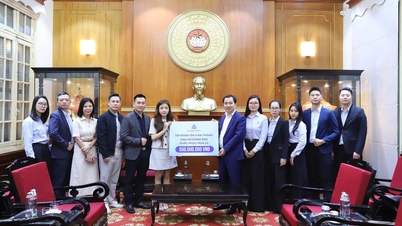

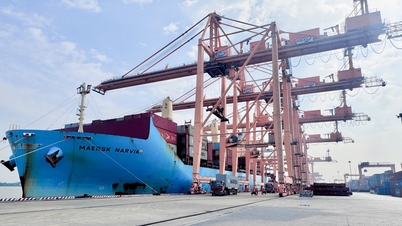

































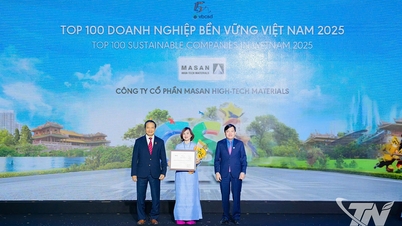























Comment (0)